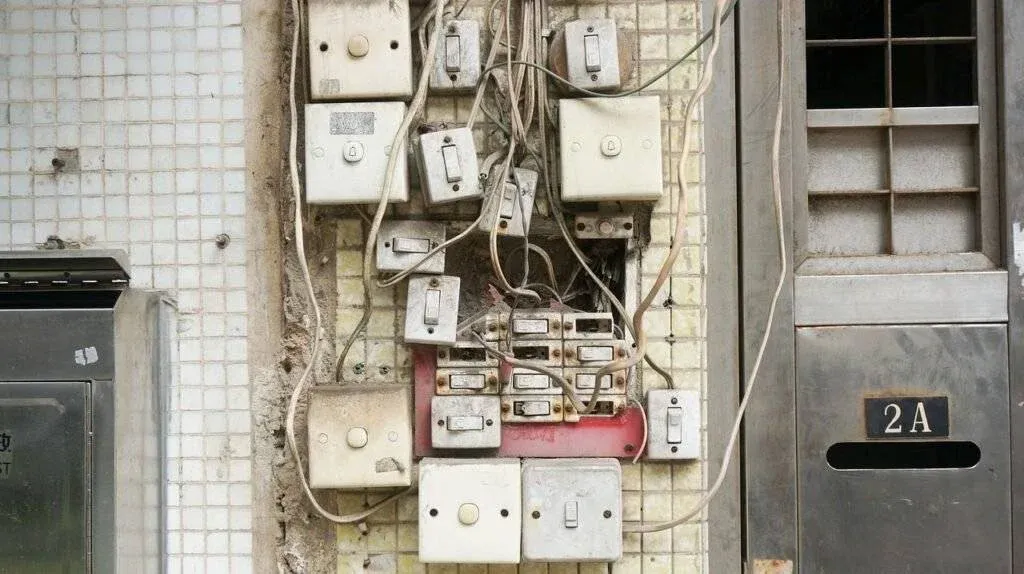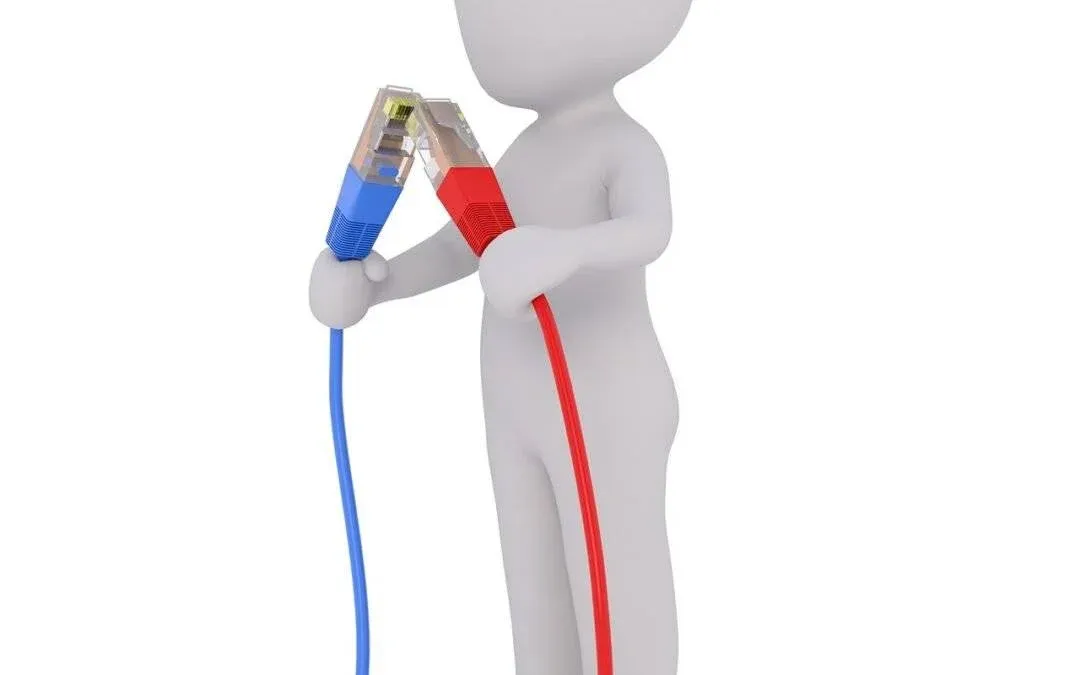
Read this article because it reveals essential insights about the electrician profession, including training, safety standards, and qualifications that ensure safe and efficient electrical work.
- Understanding the electrician profession requires knowledge of rigorous training, safety standards, and essential qualifications for success.
- You must complete an apprenticeship lasting three to six years, progressing from Apprentice to Master Electrician with hands-on experience.
- Safety compliance is vital; following strict regulations protects you, clients, and the public from potential electrical hazards.
Understanding the role of an electrician
An electrician plays a crucial role in ensuring that electrical systems in buildings operate safely and efficiently. Your responsibilities include the installation, maintenance, and inspection of wiring and electrical components. You must be a qualified and registered professional, often requiring a certificate and compliance with regulations set by local authorities. In places like Scotland, England, and Wales, electricians are also expected to be part of approved schemes to demonstrate their competence.
To succeed in this industry, you typically undergo a rigorous training process, which includes an apprenticeship lasting three to six years. You’ll progress through various levels, from Apprentice to Journeyperson, and ultimately to Master Electrician. During your training, you'll learn hands-on skills and theoretical knowledge that equip you to meet industry standards. Organizations like NICEIC and JIB help ensure that electricians meet necessary qualifications through assessments and certifications.
Working as an electrician means facing various challenges, including adhering to safety protocols to avoid hazards like electrical shocks. You’ll often operate in diverse environments, from residential properties to industrial sites, where you’ll need to adapt your skills to different circumstances. Continuous learning is vital, as you must keep up with evolving technologies and safety practices to provide top-notch services to clients while ensuring their safety.
What being a qualified and certified electrician means
Being a qualified and certified electrician means you have completed rigorous training and gained essential qualifications. You typically start as an apprentice, learning both theory and practical skills under the guidance of experienced electricians. This journey usually lasts three to six years, culminating in a certificate that proves your competency in the field. In countries like England, Scotland, and Wales, you may also need to pass specific assessments and meet local regulations.
A registered electrician is recognized by governing bodies, ensuring they follow industry standards and safety regulations. This certification often involves joining an approved scheme, like the NIC EIC or JIB, which helps maintain high-quality work in the electrical sector. Being part of such schemes not only validates your skills but also provides clients with confidence in your services. This is crucial, especially when carrying out installations, inspections, and maintenance work.
Additionally, having the right insurance is essential for a competent electrician. This protects you and your clients from potential risks associated with electrical work. You’ll also find it beneficial to stay updated with ongoing training and new technologies in the industry. By doing so, you not only enhance your skills but also improve your job prospects in a growing market.
The importance of safety standards and regulations

Ensuring safety in the electrical industry is paramount for any electrician. Following strict safety standards and regulations protects not only the electrician, but also clients and the general public. By adhering to guidelines set by organizations like NICEIC in the UK or relevant authorities in Scotland, registered electricians can guarantee their work meets the highest safety criteria. This compliance is essential during installations and inspections to prevent accidents, such as electrical shocks and fires. Ultimately, these standards help maintain a safe working environment.
In many countries, including England and Wales, electricians are required to possess appropriate qualifications and certifications. These credentials, often verified through an assessment process, ensure that they have the necessary skills and knowledge to conduct electrical work competently. Electricians often participate in ongoing training programs to stay updated with the latest safety protocols and technological advancements. By doing so, they not only enhance their own safety but also contribute to the overall professionalism of the industry. This commitment to continuous education fosters trust among clients and the broader community.
Moreover, proper insurance coverage is crucial for electricians to protect themselves and their clients from potential liabilities. Many government schemes promote safety measures and provide resources for electricians to ensure compliance. By actively checking their certifications and engaging in safety training, electricians can confidently carry out their work, knowing they are operating within the law. This dedication to safety ultimately leads to better outcomes for everyone involved, ensuring that electrical installations and repairs are done correctly and safely.
Summary
The article highlights the importance of being a qualified and registered electrician, emphasizing the rigorous training process that includes an apprenticeship lasting three to six years. You learn essential skills and knowledge to ensure safe and efficient electrical work, adhering to strict safety standards and regulations. Being part of approved schemes like NICEIC or JIB boosts your credibility and assures clients of your competence. It’s crucial to stay updated with ongoing training and have proper insurance to protect against liabilities. Ultimately, your commitment to safety and continuous education fosters trust and ensures high-quality service in the electrical industry.
What’s your take on the importance of ongoing training for electricians in today’s fast-evolving industry? Share your thoughts! Your comments can spark valuable discussions and insights. Let’s dive deeper into how we can all contribute to safer electrical practices together!


